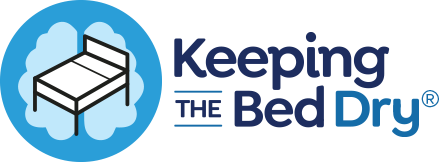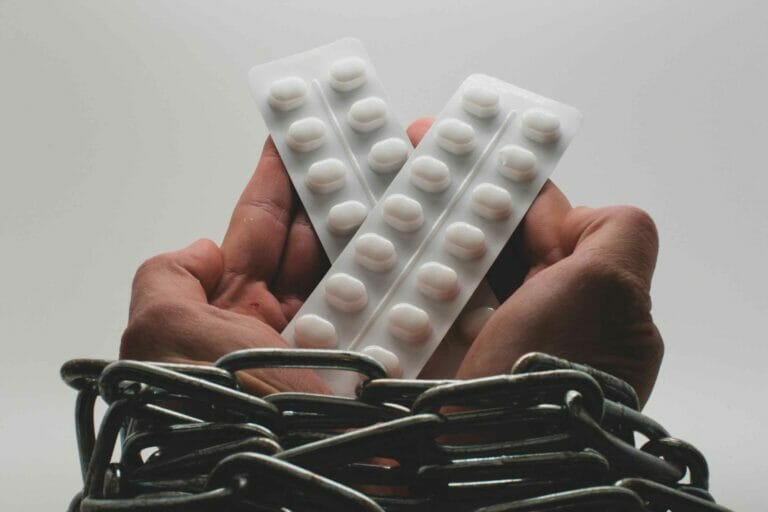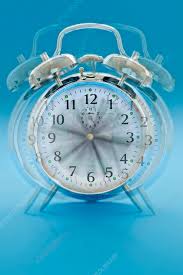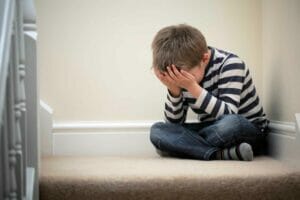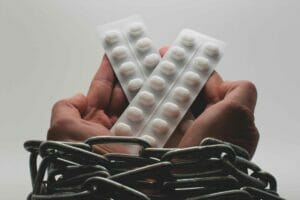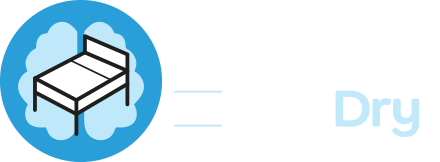Fluoxetine, an antidepressant (brand name Prozac) was used in a study to treat bedwetting. And the results were, frankly, quite poor.
Although there was slight improvement initially in 73% of the medication group, compared to 17% of the placebo group.And this ended up being brief. 1-3
After 12 weeks, only 32% were still improved, compared to 15% of the placebo group! Furthermore, at the 12-week mark, the effects from the medication were shown to be decreasing further!!!
Plus, sadly, some of the patients had side effects while on this medication!
So, what were the authors’ conclusions? That more studies should be done using this drug! And the editor of the journal actually supported this recommendation!
ARE YOU KIDDING ME?!?! I just can’t believe that the authors and editor felt this way! We don’t know the effects of antidepressants on the developing brain, and the average age of the patients in this study was 12 years old!
I believe that the authors and editorial comment missed the boat, here.
Although evidence-based research is required for any treatment, their focus was on using medication to solve this problem. Sadly, most people, including physicians, don’t know about the use of medical hypnosis to help patients with bedwetting. This was first described in 1975 by Karen Olness, MD.4
There have been several other studies supporting the efficacy of medical hypnosis,5-7 including a recent one done by the Division of Pediatric Urology at Doernbecher Children’s Hospital in Portland, Oregon.8
In this study, Aaron Bayne, MD, Associate Professor of Urology at Oregon Health and Science University, used the Keeping the Bed Dry® program with great success. The number of dry nights that patient achieved increased by 7-8 per month, or 1.5 dry days per week.
The average participant went from being dry 8 dry nights per month before using the program to 16 dry nights per month 3 months later. This is equal to the results from using medication or the bed wetting alarm.
Dr. Bayne’s conclusions about Keeping the Bed Dry® were:
- It is an online medical hypnosis program that can improve the number of dry nights per week in children with bedwetting.
- Treatment can be done at home without significant impact on work or school.
- Children can feel the satisfaction of knowing their effort directly resulted in any success they achieved.
References:
1. Hussiny M, Hashem A, Soltan MA, Helmy TE, El-Kenawy MR, Abdelhalim A. The Safety and Efficacy of Fluoxetine for the Treatment of Refractory Primary Monosymptomatic Nocturnal Enuresis in Children: A Randomized Placebo-Controlled Trial. J Urol. 2022 Nov;208(5):1126-1134. doi: 10.1097/JU.0000000000002896. Epub 2022 Aug 31.
2. Husmann D. Editorial Comment. J Urol. 2022 Nov;208(5):1133. doi: 10.1097/JU.0000000000002896.01. Epub 2022 Aug 31.
3. Hussiny M, Hashem A, Soltan MA, Helmy TE, El-Kenawy MR, Abdelhalim A. Reply by Authors. J Urol. 2022 Nov;208(5):1133-1134. doi: 10.1097/JU.0000000000002896.02. Epub 2022 Aug 31.
4. Olness K. The use of self-hypnosis in the treatment of childhood nocturnal enuresis. A report on forty patients. Clin Pediatr (Phila). 1975 Mar;14(3):273-5, 278-9. doi: 10.1177/000992287501400316.
5. Stanton HE. Short-term treatment of enuresis. Am J Clin Hypn. 1979 Oct;22(2):103-7. doi: 10.1080/00029157.1979.10403206
6. Kohen DP, Olness KN, Colwell SO, Heimel A. The use of relaxation-mental imagery (self-hypnosis) in the management of 505 pediatric behavioral encounters. J Dev Behav Pediatr. 1984 Feb;5(1):21-5
7. Banerjee S, Srivastav A, Palan BM. Hypnosis and self-hypnosis in the management of nocturnal enuresis: a comparative study with imipramine therapy. Am J Clin Hypn. 1993 Oct;36(2):113-9. doi: 10.1080/00029157.1993.10403053
8. Bayne AP. Self-guided Online Medical Hypnosis Program Improves Dry Nights in Children with Nocturnal Enuresis in a Prospective Single-Center Pilot Study. Clinical Pediatrics. 2023;0(0). doi:10.1177/00099228231186690
